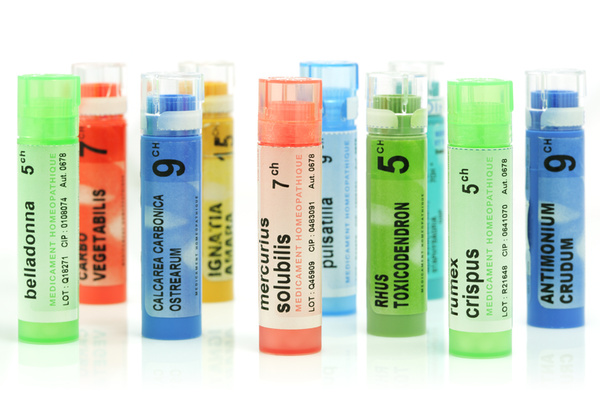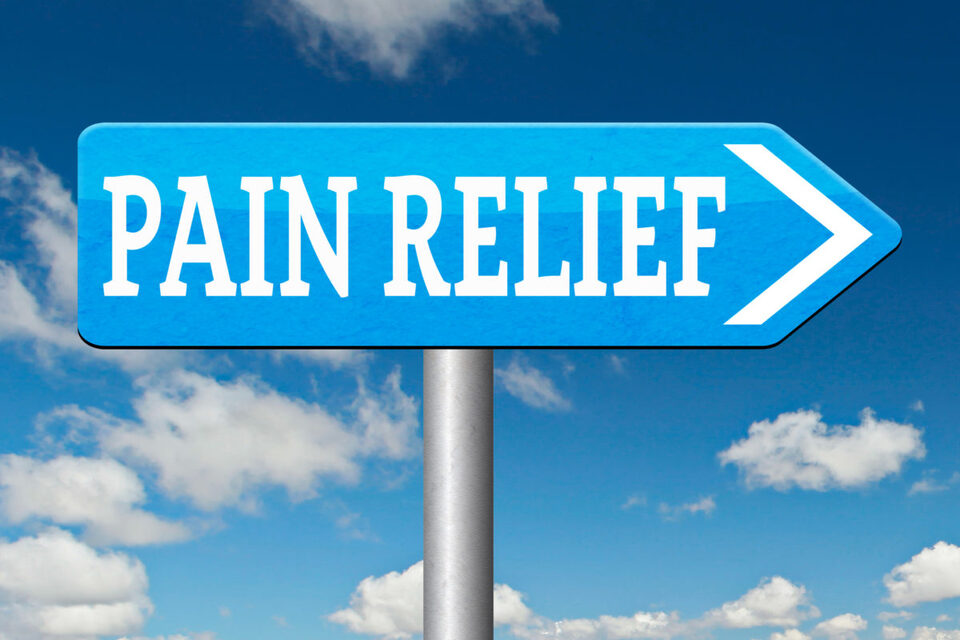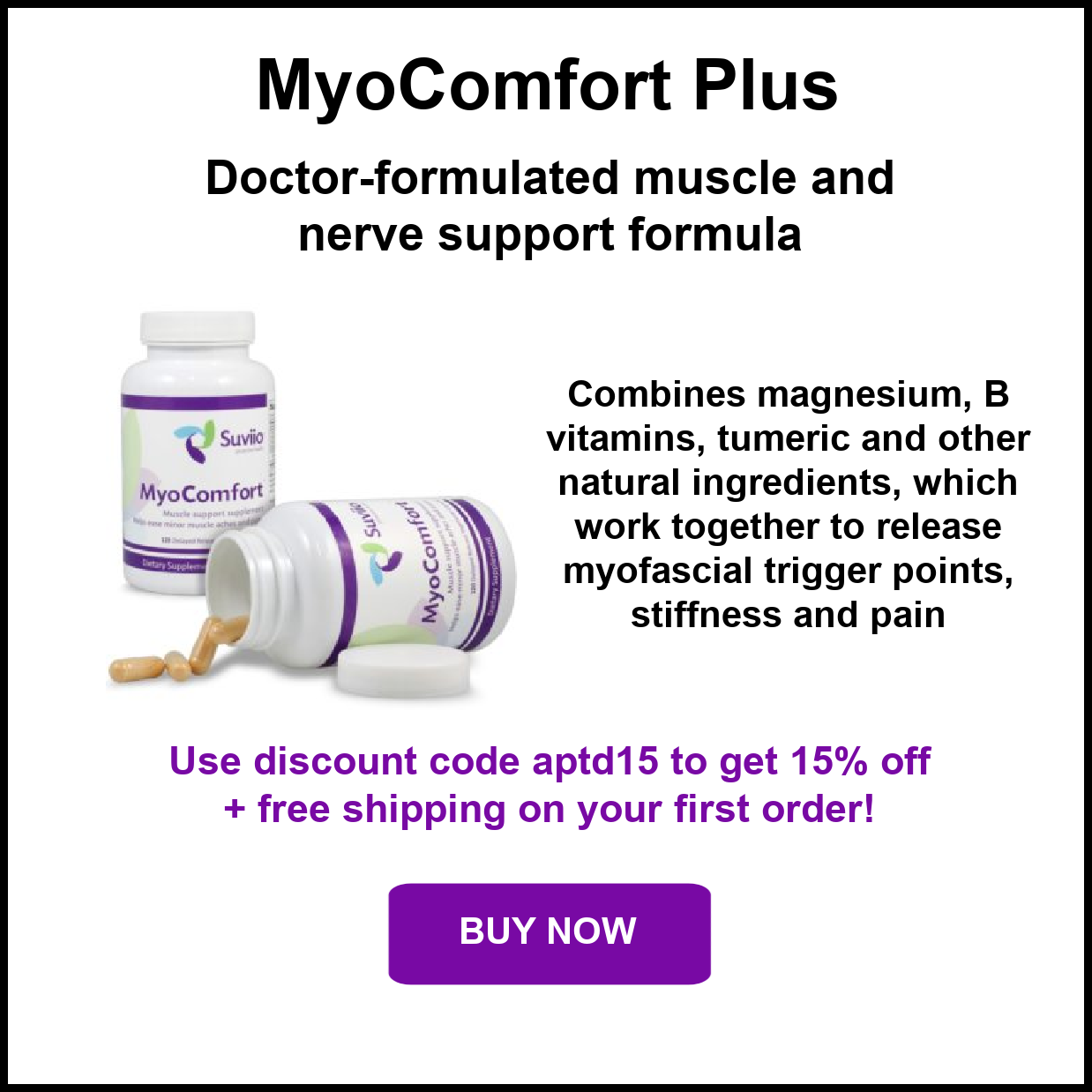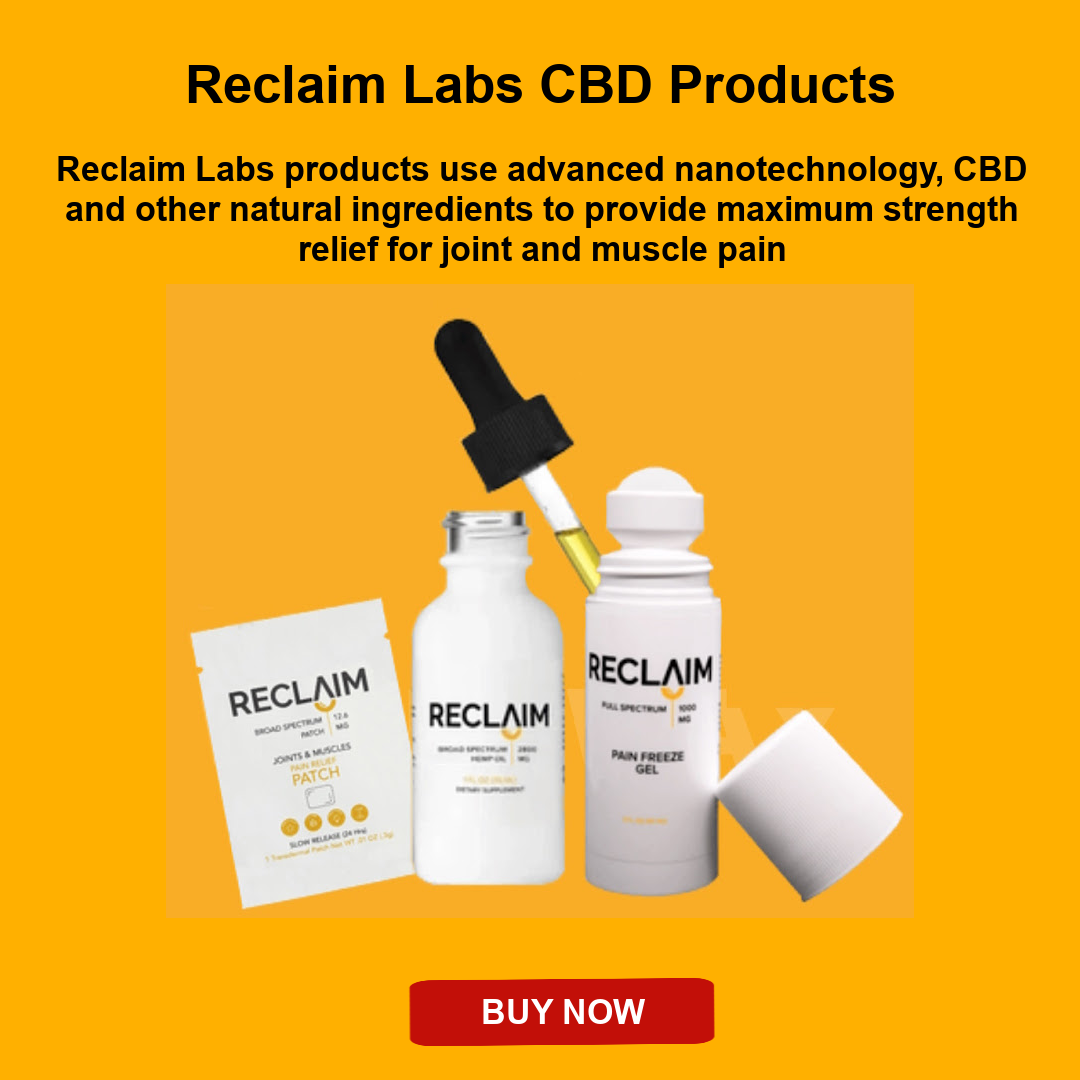
What is homeopathy?
Homeopathy, or homeopathic medicine, is a medical system developed over 200 years ago by German physician Samuel Hahnemann. Homeopathy relies on three basic principles:
- When taken in small doses, the substances that cause certain symptoms can also help to alleviate those symptoms.
- The lower the dose of medication, the greater the effectiveness.
- The whole person, not just symptoms, must be taken into consideration when choosing a remedy.
Homeopathic medicines, also known as remedies, are safe, effective, inexpensive, and can be obtained without a prescription.
How the FDA’s recent actions threaten access to homeopathy
Earlier this month, the FDA issued a final guidance document entitled Homeopathic Drug Products Guidance for FDA Staff and Industry. Guidance documents represent the FDA’s current thinking on a topic. What is contained with the FDA’s guidance related to homeopathy should be of concern to the more than 6 million people in the United States who rely on homeopathic remedies to treat a variety of health conditions. Many people rely on homeopathy for chronic pain relief, a topic we covered in a previous article.
According to Homeopathic Drug Products Guidance for FDA Staff and Industry, the FDA intends “to prioritize enforcement and regulatory actions for homeopathic drug products marketed in the United States without the required FDA approval.” The FDA now considers all homeopathic medicines to be new drugs which have not undergone the agency's required pre-market approval process (the New Drug Application).
What homeopathic products could be impacted?
All of them! Homeopathic remedies have never required FDA approval, so this guidance applies to each and every homeopathic product. According to the American Institute of Homeopathy, “the newly revised Draft Guidance, if adopted as currently written, will be a recipe for the destruction of homeopathy as we know it in America.”
How will the FDA enforce this new guidance?
The guidance is vague when it comes to enforcement, but the FDA states that it “has identified certain categories of homeopathic drug products marketed without the required FDA approval as potentially posing higher risks to public health.” These include:
- Products with reports of injury that, after evaluation, raise potential safety concerns.
- Products that contain or purport to contain ingredients associated with potentially significant safety concerns.
- Products for routes of administration other than oral and topical.
- Products intended to be used for the prevention or treatment of serious and/or life-threatening diseases or conditions.
- Products for vulnerable populations.
- Products with significant quality issues.
For an in depth critique of these “risks”, please see these comments submitted to the FDA written by renowned homeopath Dana Ullman.
Does this mean homeopathy is illegal?
No, it does not. Homeopathy is legally and federally recognized in the United States. FDA policy guidelines are different from laws. In order for homeopathy to be considered illegal, legal action would have to be pursued. With that said, the FDA does have the power to remove individual products from shelves. This would have to be done one product at a time.
Government regulation of homeopathy in the United States
Since 1938 homeopathic remedies have been included in the statutory drug definition under the Federal Food, Drug, and Cosmetics Act (FDCA). The FDA considers the more than 1,000 remedies listed in the Homeopathic Pharmacopoeia of the United States (HPUS) to be statutory drugs. This list is constantly evolving, and substances are added to the Homeopathic Pharmacopoeia after they have had a successful “proving” by trained homeopaths. A proving involves testing a substance in order to determine which symptoms it is capable of curing.
In 1988, the FDA issued Compliance Policy Guide (CPG) 400.400 for homeopathic remedies. In order to be considered in compliance, manufacturers of homeopathic products were required to adhere to manufacturing, labeling, and registration guidelines. The policy guide stated that companies that did not meet the required standards could be subject to “regulatory follow-up.”
In the years that followed, the FDA paid little attention to homeopathy. That changed after homeopathy became a multi-billion-dollar industry. In 2015, it was estimated that Americans were spending $3 billion a year on homeopathy. That same year, the FDA announced it would evaluate its regulatory framework for homeopathy. The FDA stated that the evaluation was warranted due to “multiple situations in which homeopathic drug products posed a significant risk to patients.”
What resulted from that evaluation was the October 2019 issuance of a revised draft guidance. As part of the draft, Drug Products Labeled as Homeopathic, the FDA withdrew CPG 400.400. The agency asserted that meeting the requirements of CPG 400.400 was no longer considered sufficient to ensure the safety of homeopathic remedies. The new guidance proposed classifying homeopathic drugs as unapproved new drugs that could potentially be withdrawn from the marketplace. Once a drug is withdrawn, it cannot be returned to the marketplace without undergoing the FDA’s New Drug Application. The final draft guidance is what was released in December 2022.
So why don’t manufacturers of homeopathic remedies go through the New Drug Application process?
The process is extremely expensive—to the tune of $3 million. It is economically feasible only for companies that can patent a new drug. Homeopathic remedies cannot be patented because they are made from commonly available substances. Requiring a New Drug Application for a homeopathic product will essentially remove it from the market.
SEE OUR RECOMMENDED PAIN-RELIEVING HOMEOPATHIC PRODUCTS HERE
How are supporters of homeopathy fighting back?
They have joined forces to create grassroots organizations including Americans for Homeopathy Choice. Their mission is to empower homeopathy in the U.S. by:
- Influencing the FDA to revise or drop its new Guidance on homeopathic drugs in order to treat them as the unique medicines they are.
- Influencing the FDA to enact regulation or get Congress to pass a law that protects and stabilizes the status of homeopathic medicines in the United States.
President and founder Paola Brown recently recorded a video in order to discuss what the FDA’s final guidance document means for the future of homeopathy.
The Alliance for Natural Health, an organization that fights to preserve access to natural health products, also has a petition that concerned consumers can sign. Click here to read and sign the petition.
Alternative Pain Treatment Directory CEO Cindy Perlin weighs in on the issue:
I have personally used homeopathic products for over 40 years, to treat acute pain, chronic pain, digestive issues, dry eye and to prevent and treat colds and flu. They have helped me tremendously and I’ve never had a negative side effect from any of them. This is the experience of the millions of Americans who use homeopathic medicines.
This action by the FDA has nothing to do with protecting consumers. It is to protect the bottom line of the pharmaceutical companies, who provide much of the FDA’s funding and reward cooperative FDA employees with lucrative jobs when they leave government service.
If you don’t think you need to be worried because you don’t use homeopathy, be warned that the FDA may be coming after your supplements next. This has already happened in Europe, where high dose vitamins and most herbs are now illegal.
Please take a few minutes to check out the links in the paragraph above and help protect access to natural medicine.
Christine Graf is a freelance writer who lives in Ballston Lake, New York. She is a regular contributor to several publications and has written extensively about health, mental health, and entrepreneurship.
Related Articles
Suppression of Alternative Medicine is Killing Us
It's Time to Consider Homeopathy for Infectious Diseases, Pain and More











Comments